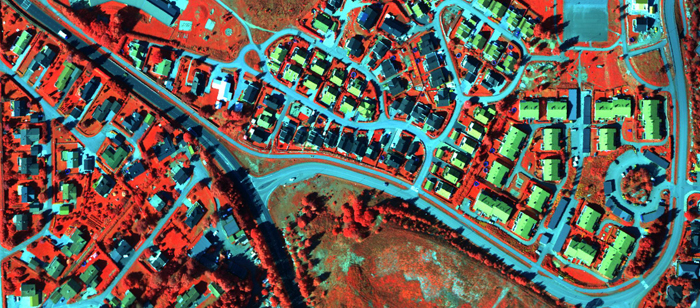
UMBC CSEE Colloquium
Real-time Causal Anomaly Detection for Hyperspectral Imagery
Yu-Lei Wang
Information and Communication Engineering College
Harbin Engineering University, China
1:00pm Friday, 12 October 2012, ITE 227, UMBC
Due to availability of very high spectral resolution, a hyperspectral imaging sensor is capable of uncovering many subtle signal sources which cannot be visually inspected or known by prior knowledge. Such signal sources generally appear as anomalies in the data. As a result, anomaly detection has received considerable interest in hyperspectral imaging. In anomaly detection real time causal processing is particularly important and crucial. This is because many anomalies, such as moving targets, may not stay long enough and the duration of their presence is very short. Most importantly, they may show up suddenly and instantly, then disappear quickly afterwards. Therefore, for an algorithm to be able to detect these targets in a timely fashion, the process must be real time. In addition, the data that can be used should be only those which have been visited and processed. So, the data processing must be also causal as well. Such causality is a very important pre-requisite to real time processing. Our work is believed to be the first work devoted to exploring this concept into anomaly detection. Specifically, it further derives a causal innovations information update equation for implementing real time causal anomaly detection. This concept which makes use of only innovations information provided by the pixel currently being processed without re-processing previous pixels is similar to those derived in Kalman filtering.
Yu-Lei Wang received her BS degree in Electrical Engineering from Harbin Engineering University, China in 2009 and is currently a Ph.D. student in the same university. Since December 2011 Ms. Wang has been working in the Remote Sensing Signal and Image Processing Laboratory at UMBC on hyperspectral anomaly detection under a China State Scholarship awarded by China Scholarship Council for a two-year visit to UMBC. Ms. Wang's research interest includes remote sensing image processing and vital sign signal processing.